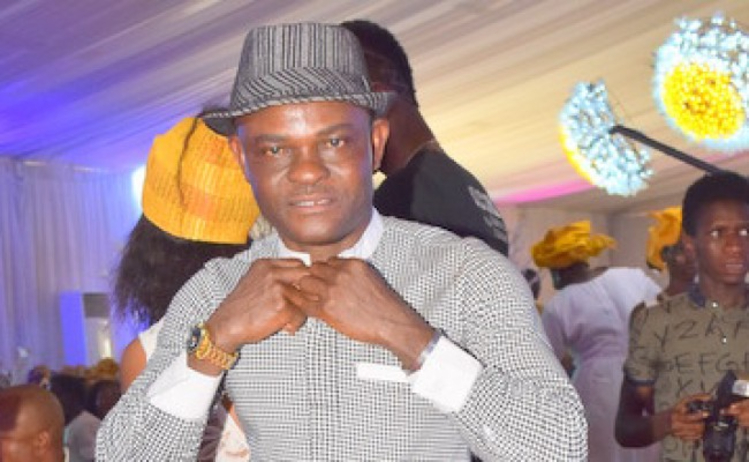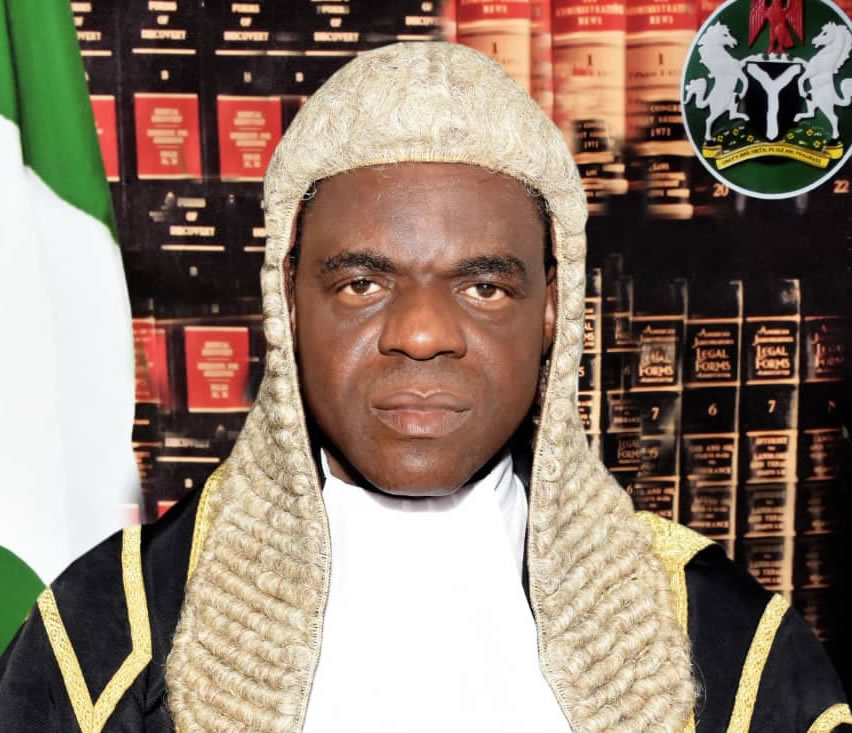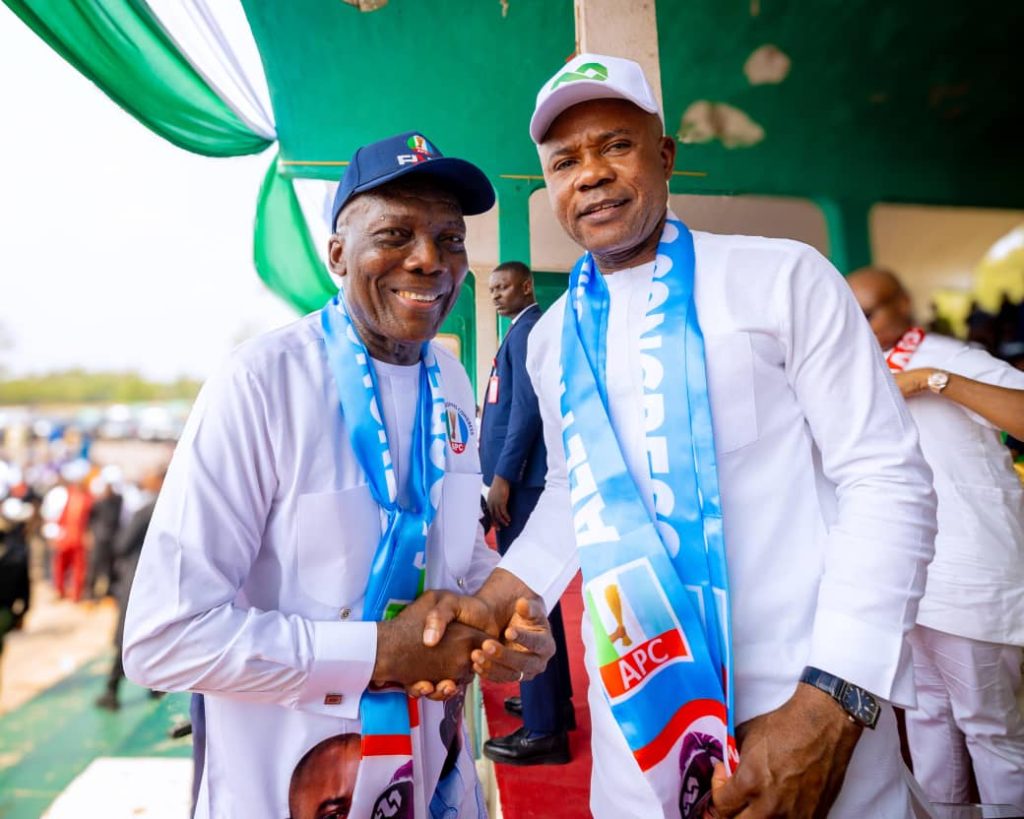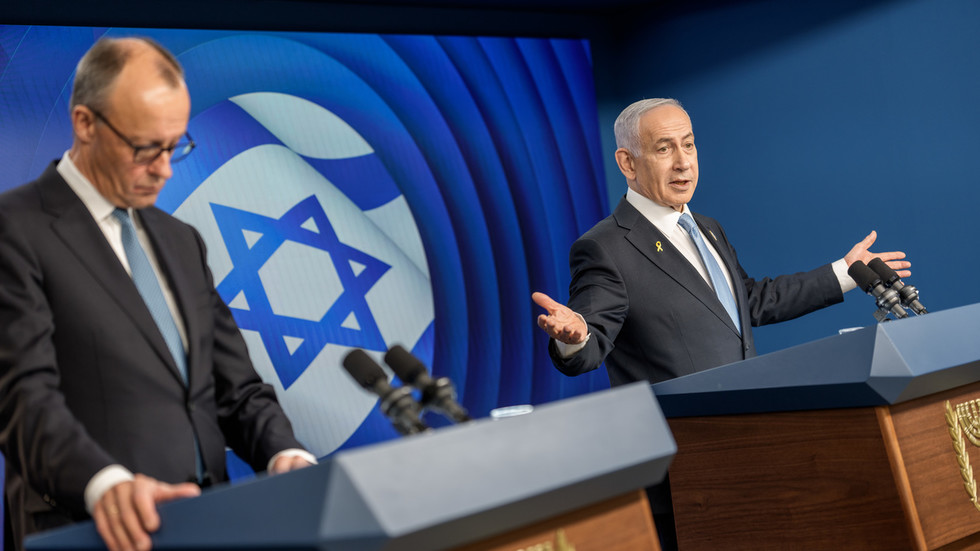The long-anticipated trial of Joseph Kabila, the former president of the Democratic Republic of Congo (DRC), opened on Friday amid heightened attention to charges alleging his involvement in destabilizing the country’s volatile east. Kabila, who ruled the DRC from 2001 to 2019, faces accusations of complicity with the M23 rebel group, which launched a months-long military offensive in the region earlier this year before a June ceasefire brokered with neighboring Rwanda. The High Military Court in Kinshasa is presiding over the case, which centers on the rarely invoked charge of “crime against peace”—a serious allegation tied to acts threatening national or international stability.
Prosecutors allege Kabila collaborated with M23, an armed faction that has repeatedly clashed with Congolese forces and been accused of human rights violations. The group’s resurgence in early 2023 reignited decades-old tensions in eastern Congo, displacing thousands and drawing international scrutiny. A tentative peace deal, mediated in part by regional leaders, saw Rwanda—long accused of supporting M23—agree to pressure the rebels to withdraw from occupied territories. Kabila, a vocal critic of current President Félix Tshisekedi’s administration, has denied the charges and is unlikely to attend the proceedings, having resided outside the country since stepping down after controversial elections in 2018.
The trial marks a rare legal challenge against a former head of state in the DRC, where political rivalries often play out against a backdrop of resource-driven conflicts. Analysts note the case could test the judiciary’s independence in a nation historically plagued by impunity for high-ranking officials. Kabila’s allies have dismissed the charges as politically motivated, while the government emphasizes the need for accountability.
Eastern Congo’s instability remains a regional flashpoint, with over 100 armed groups active in the area. The M23, composed primarily of Congolese Tutsi fighters, has justified its campaigns as protecting communities from persecution—a claim rejected by Kinshasa and UN experts, who detail the group’s alleged atrocities. Rwanda’s role in the conflict has further strained diplomatic ties, though both nations affirmed commitments to de-escalation in the June agreement.
Despite the trial’s symbolic weight, Kabila’s absence raises questions about its practical impact. Legal experts underscore that Congolese law permits trials in absentia, but enforcement of any verdict would face hurdles. For many citizens, the proceedings underscore unresolved tensions between the current administration and its predecessor, with peace in the east hanging in the balance.



